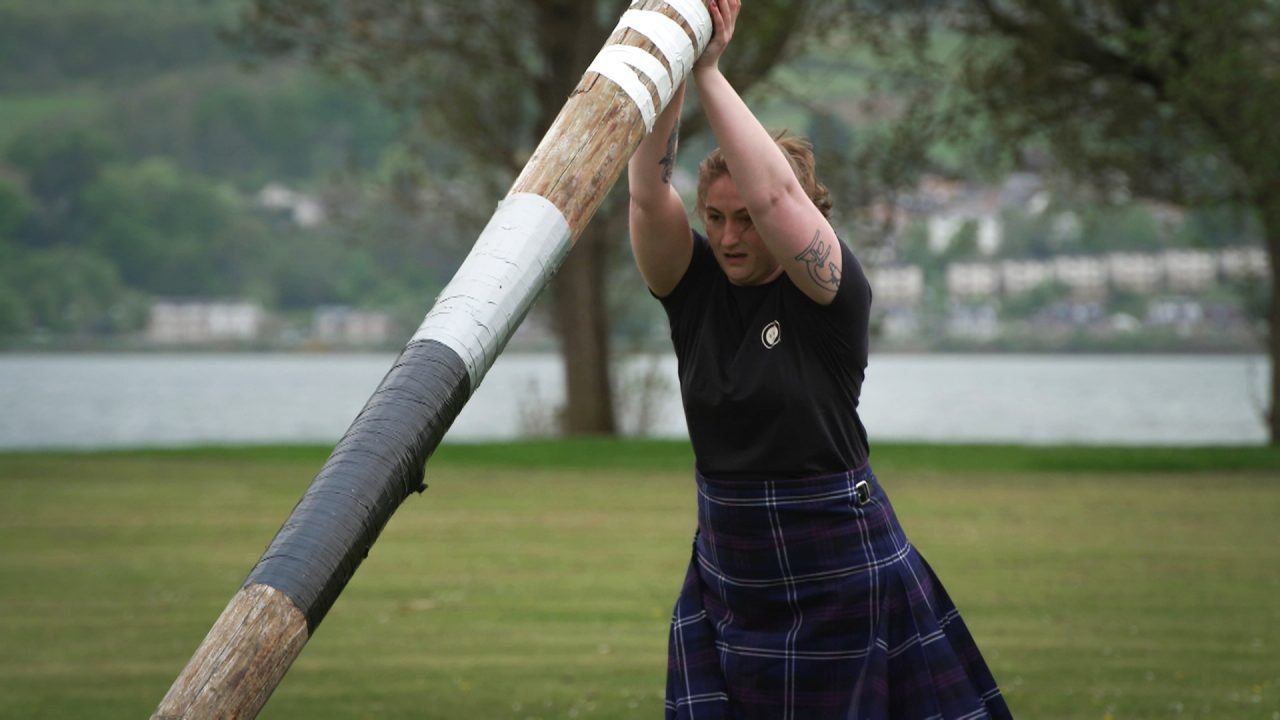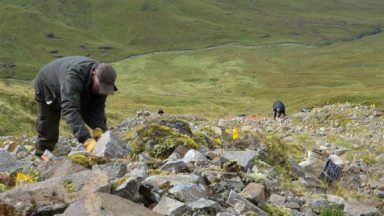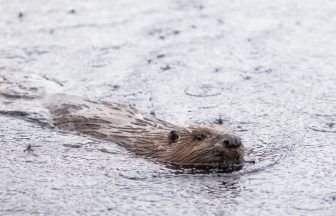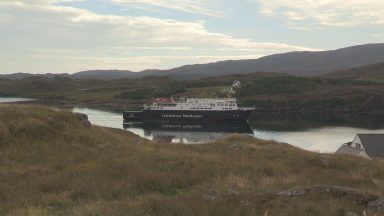Beneath a bright Scottish sky, the Gourock Highland Games mark the beginning of a new Highland Games season in Scotland.
Every year, thousands of athletes from across the world flock to Scotland to compete in over 60 events across the country.
But this year, much of the crowd’s applause was reserved for the female strength athletes – who, for the first time, matched the number of men competing in strength events.
Traditionally male-dominated contests like the caber toss and hammer throw are seeing a shift, as more women take centre stage.
Competitor Liz Elliot, from Dumbarton, is part of a group campaigning to carve out more space for women in heavy events at the Games.
Speaking to Scotland Tonight, she said women now compete in 20 games – with the goal of securing female events at every Highland Games in the country.
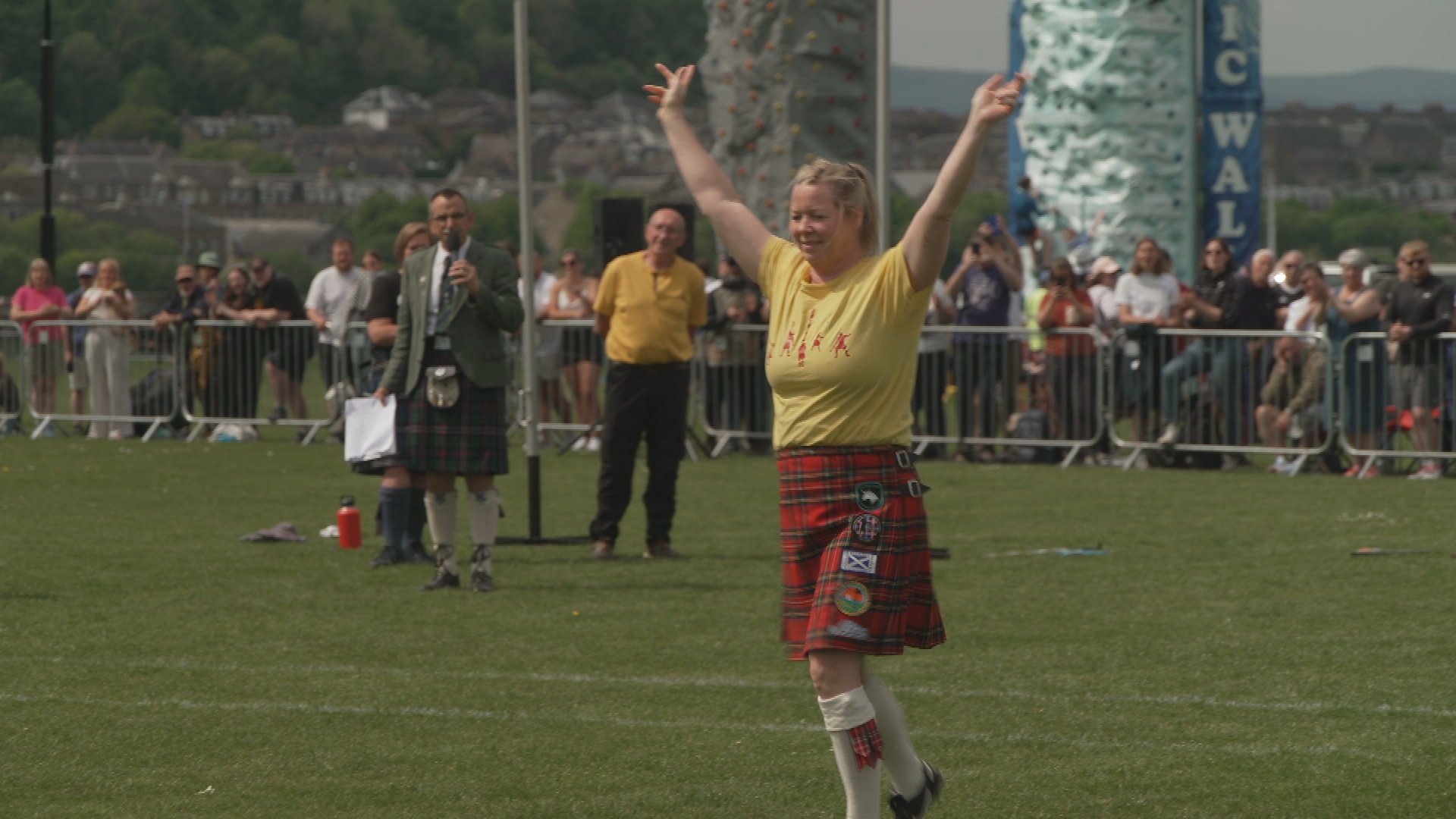 STV News
STV NewsBut it hasn’t always been this way.
Liz has been competing in the Highland Games for two decades after she met her husband Neil – a champion lifter and thrower.
She has since travelled the world, competing in Australia, the US and across Europe.
But back then, Liz had no other option but to enter open contests against men as there were no female competitions for strength events.
Liz said: “When I first started, there weren’t any designated competitions for heavies for ladies.
“There was a few smaller Games that were maybe invitational that I would be invited along because there would be like a couple of throwers and they would need an extra person just to kind of come along and help them be the third person.”
Liz soon found more women who wanted to compete and arranged for them to train together a couple of times a month.
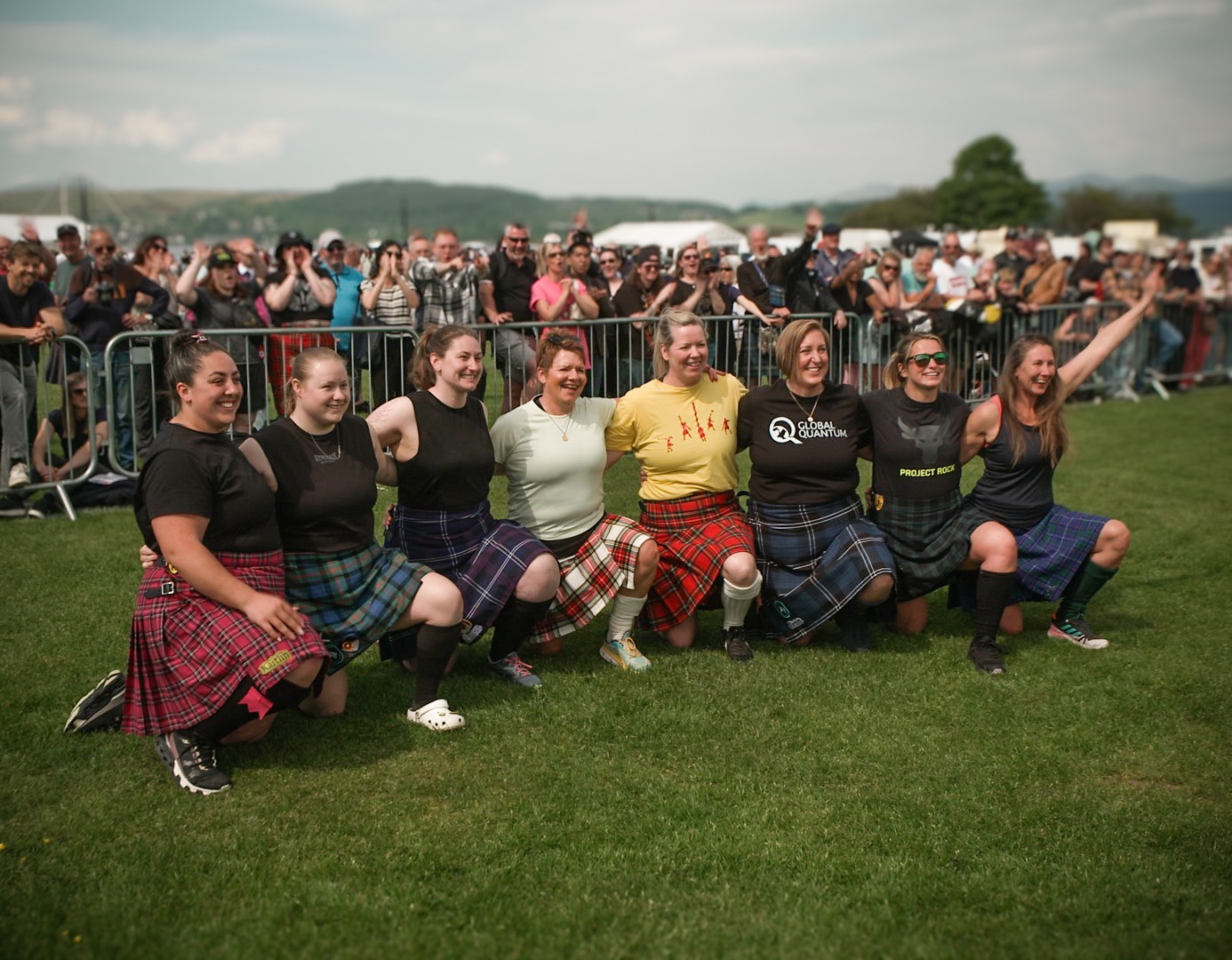 STV News
STV NewsRebecca Maeule, who can toss 15ft foot cabers, says people are still surprised when they turn up to compete in the heavy sports.
Rebecca said: “I’ve been asked a few times, are you a dancer?
“I don’t think I look like a dancer. I’m here to throw the caber.”
Training and competing alongside Liz and Rebecca is Jenn – a nail tech and beautician.
Jenn said: “It doesn’t matter whether you’ve come from an athletics background or an absolutely nothing background like myself, everyone’s there to help one another and help encourage one another and support one another, which is amazing.
“I actually really wish it was something that was about when I was younger…it’s such a good thing to be part of and the way it’s changed my life.”
Rebecca said she hopes to encourage more women to pick up the sport.
“I’m trying to see myself as a young girl…going to a Highland Games and seeing a lady with the hammer boots with the kilt, dragging a hammer and then setting herself up in the cage.
“I think seeing that growing up – you could be able to do this.”
More progress to be made
Despite their success, Liz and her group say there is still work to do.
Prize money isn’t always equal – with the men often earning twice as much as their female counterparts.
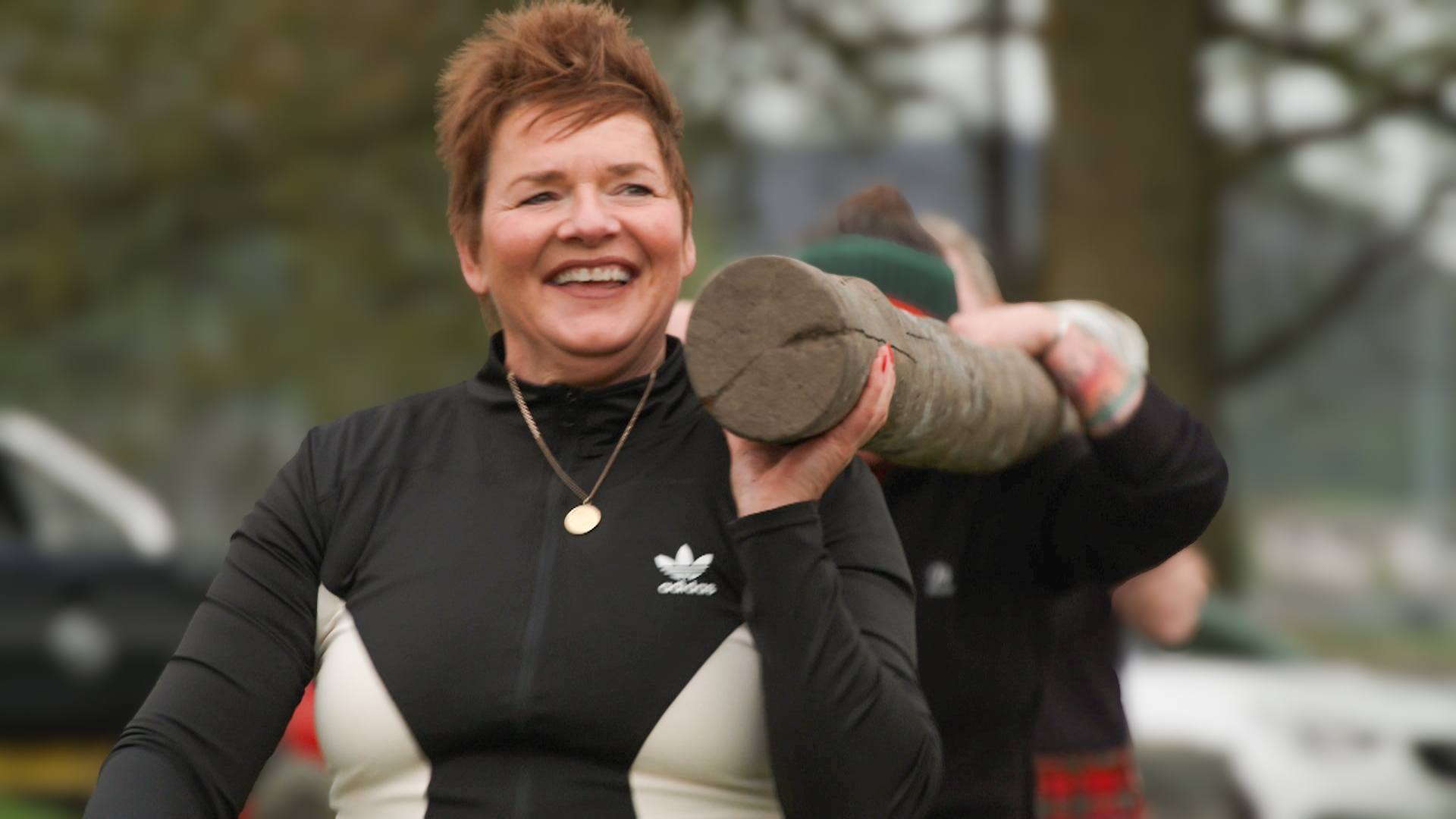 STV News
STV NewsSome Highland Games welcome female competitors, while others struggle to accommodate them.
Liz said: “Some Highland Games just jump at it. They think it’s amazing.
“Other Highland Games come back with different reasons – maybe they don’t have room or they don’t have the time or they don’t have support for sponsorship.
“Some of them said that they would really like to have us, but just the logistics, they just can’t really make it work.”
Liz’s husband Neil helps the women in their training sessions and says, while it’s not always been easy to get people on board, the women have made a huge impact.
Neil said: “It’s been an incredible last two to three years, (seeing) how the games have come on with the women.
“I think a lot of the girls thought they were kind of outsiders in a way, you know, cause it’s been a very male dominant sport, for not just decades, for centuries.
“And to bring the girls in and get them to throw alongside the men, you know, now they have their own competitions and it’s been absolutely brilliant to watch.”
Later this year, the first ever women’s world championships is being held at Glenurquhart.
With the Highland Games also becoming an international sensation in places like the US, Canada and across Europe – Neil says Scotland is at risk of falling behind.
“It’s now become such a massive sport in the States and Canada, Germany, Switzerland and all over Europe and it’s become time for girls had their chance to develop, to blossom and to do what they do.”
Follow STV News on WhatsApp
Scan the QR code on your mobile device for all the latest news from around the country


